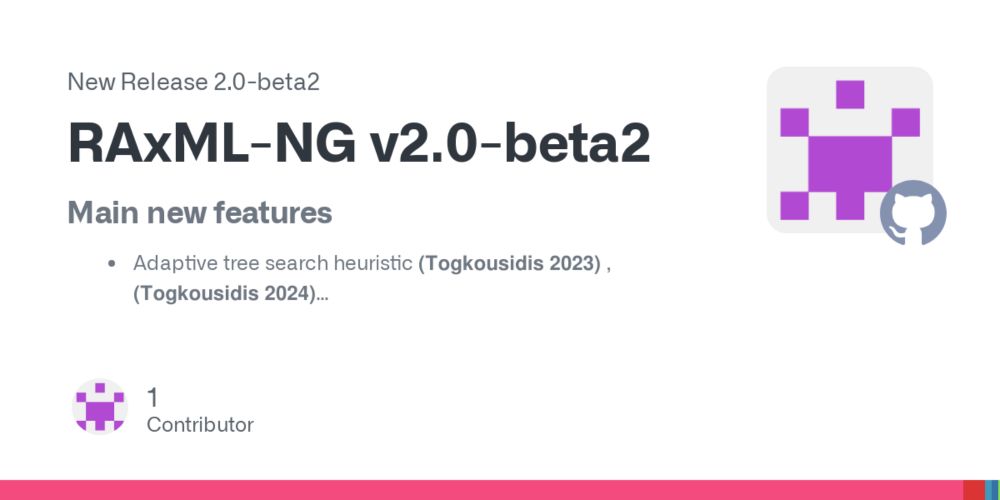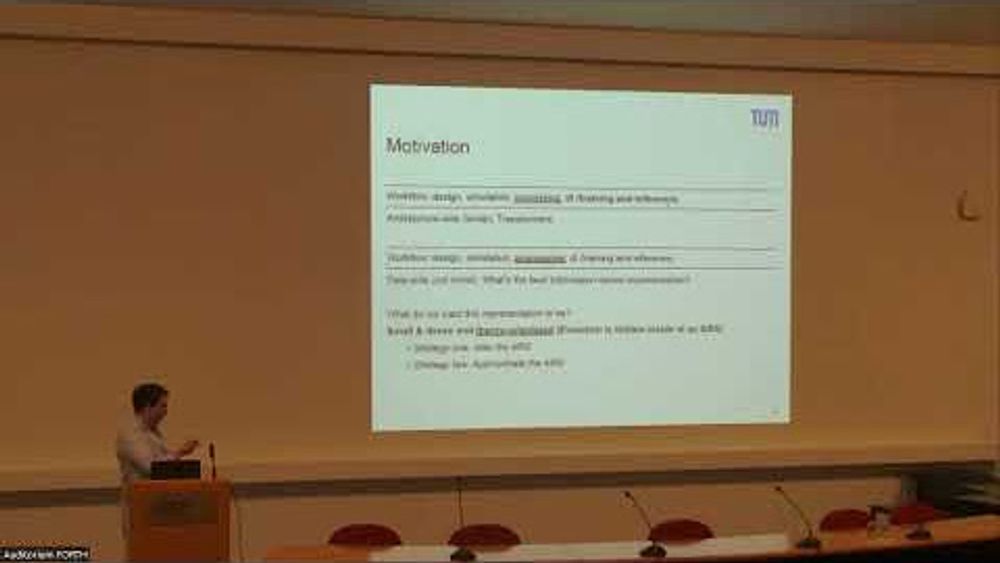Alexis Stamatakis
@stamatak.bsky.social
800 followers
420 following
35 posts
ERA Chair at Institute of Computer Science FORTH
Research Group Leader Heidelberg Institute for Theoretical Studies
Full Professor at Karlsruhe Institute of Technology
Crete lab: https://www.biocomp.gr/
Heidelberg Lab: http://www.exelixis-lab.org/
Posts
Media
Videos
Starter Packs
Alexis Stamatakis
@stamatak.bsky.social
· Mar 19

raxtax: A k-mer-based non-Bayesian Taxonomic Classifier
Taxonomic classification in biodiversity studies is the process of assigning the anonymous sequences of a marker gene (barcode) to a specific lineage using a reference database that contains named seq...
www.biorxiv.org
Alexis Stamatakis
@stamatak.bsky.social
· Nov 27

Μετά το brain - drain η Ελλάδα βιώνει και τη διαρροή δειγμάτων για επιστημονική έρευνα - Dnews
Παρότι αρκετές ελληνικές επιστημονικές ομάδες θα μπορούσαν να ηγηθούν ερευνητικών έργων λόγω του πλούτου των αρχαιολογικών και παλαιοντολογικών δειγμάτων της χώρας, συχνά περιορίζονται στον ρόλο του σ...
www.dnews.gr
Alexis Stamatakis
@stamatak.bsky.social
· Oct 25

Computational Molecular Evolution
The need for effective and informed analysis of biological data is increasing with the explosive growth of genomic data. A phylogenetic framework is central to many molecular evolutionary approaches …
meetings.embo.org
Alexis Stamatakis
@stamatak.bsky.social
· Oct 21

Computational Molecular Evolution
The need for effective and informed analysis of biological data is increasing with the explosive growth of genomic data. A phylogenetic framework is central to many molecular evolutionary approaches …
meetings.embo.org
Alexis Stamatakis
@stamatak.bsky.social
· Sep 17

Computational Molecular Evolution
The need for effective and informed analysis of biological data is increasing with the explosive growth of genomic data. A phylogenetic framework is central to many molecular evolutionary approaches …
meetings.embo.org
Alexis Stamatakis
@stamatak.bsky.social
· May 16

Computational Approaches for Integrating out Subjectivity in...
Working with cognate data involves handling synonyms, that is, multiple words that describe the same concept in a language. In the early days of language phylogenetics it was recommended to select...
arxiv.org
Alexis Stamatakis
@stamatak.bsky.social
· May 16

EcoFreq: Compute with Cheaper, Cleaner Energy via Carbon-Aware Power Scaling
High-performance computing (HPC) constitutes an energy-hungry endeavor, and any efficiency gains via hardware and software advances are quickly (over-)compensated by increased consumption (rebound eff...
ieeexplore.ieee.org














